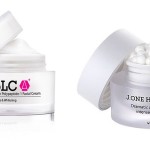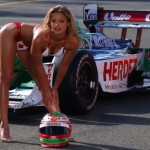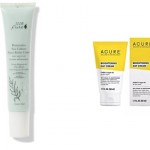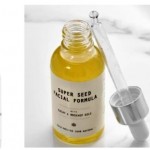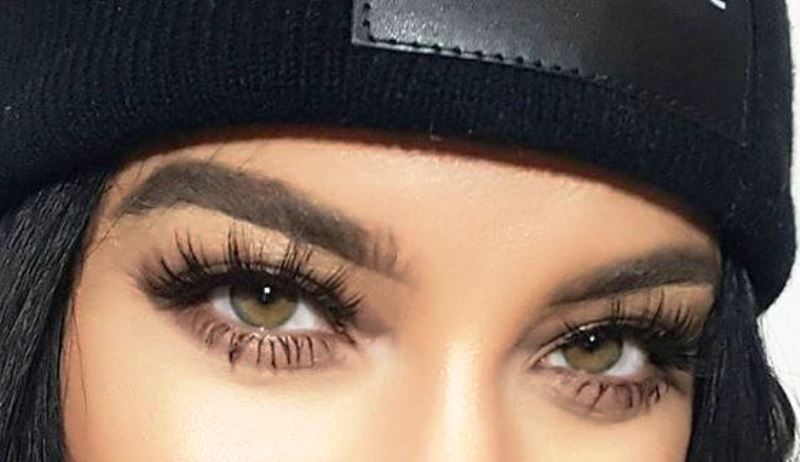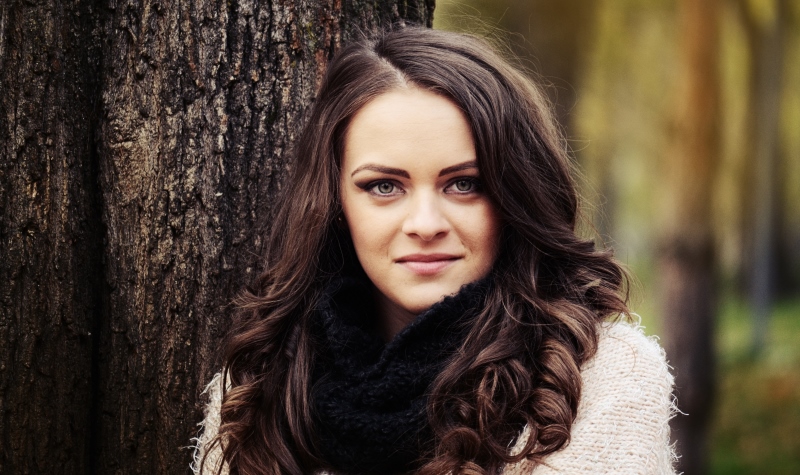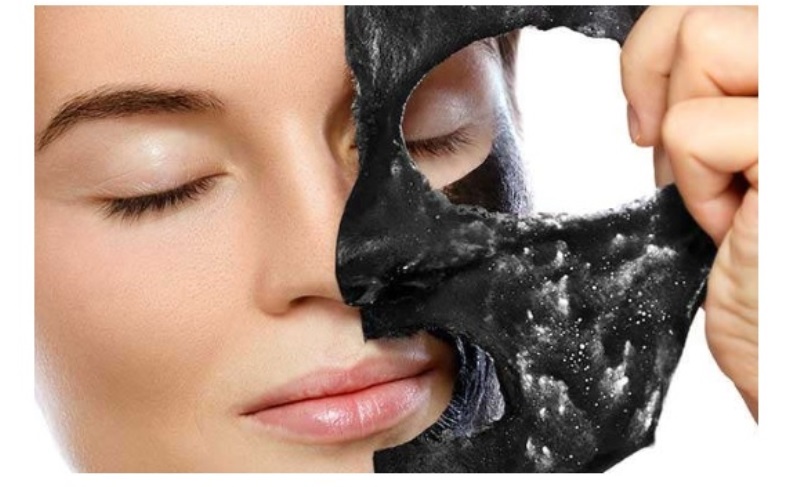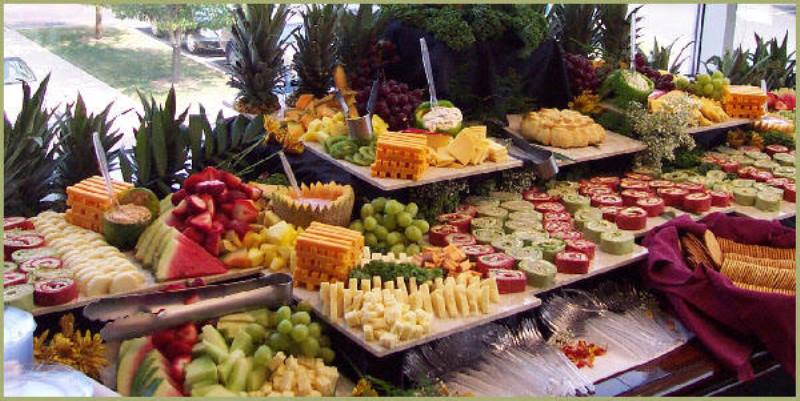Besides perpetuating sexism and racism in several forms, would you believe if I told you that the beauty industry lies to you on a daily basis about their own products? It seems so easy to fool consumers, with buzzwords and a few technical terms to throw them off.
Here are 10 popular lies that seem to a part of their strategy, and which unfortunately people fall for:
1. Anything ‘natural’ or organic is automatically superior: While this isn’t just a lie propagated by the Beauty Industry, it’s in some ways an excellent market strategy. People flock towards anything ‘natural’ and away from ‘chemicals’, the latter having the connotation of ‘man-made’ and thereby being inherently harmful. Social psychology is stupid.

Image source: topnews
2. Men and women need different skin products: It’s true that men and women have different needs, however when it comes to skin care, whether they both have dry or oily and sensitive skin they’ll be prescribed with the same skincare product. This entire idea of making a product totally exclusive to either men or women only serves to increase their profits and hide the truth.
3. The right product makes your hair ‘stronger’: No, it doesn’t. It doesn’t strengthen the keratin concentration (which is what makes up your hair). It only makes it less prone to hair breakage when you’re combing it, and this is called ‘conditioning’ your hair.
4. Eye care: Beauty companies make a huge deal about ‘eye creams’. Take my advice and use your normal serums and/or moisturizers instead of that; beauty companies thrive on making ‘exclusive’ products. Don’t let that fool you.
5. The myth of hypo-allergenics: This is probably one of the more annoying and baseless myths. ‘Hypoallergenic’ basically means it’s just very less likely to cause allergic reactions, and it’s REALLY not worth it. ‘Hypoallergenic’ is just a cheap marketing ploy.
Suggested read: 10 ways the beauty industry propagates unrealistic beauty standards
6. “Our studies show…”: Hey, if you’re selling a product, would you really undervalue it? You might as well OVERVALUE it. Throwing words like “scientific studies show” everywhere somehow makes it more appealing to the gullible public. Distinguishing between salesmanship and actual scientific fact can be a bit difficult, so try and keep your eyes peeled the next time.
7. Expensive = Better: This couldn’t be more wrong. This seems to be a particular feature in many ads sponsored by the beauty industry, adding a few platinum or gold flakes to the mix to make the product feel more ‘regal’. You’re a clever consumer, you know better than that, right?
8. ‘Dermatologist-approved’: This is a bunch of poppycock, because the ‘dermatologist’ is probably on their payroll and will quite obviously turn a blind eye to certain side-effects and oversell the product. It’s like the time when tobacco companies paid thousands of scientists to research on how tobacco and lung cancer are NOT related.
9. ‘Cosmeceutical’: ‘Cosmeceutical’ is to ‘cosmetic’ what H20 is to water. It makes it sound higher end, and somehow better than other products with the same chemical specifications. Sadly, there aren’t many federal approval boards seeing to this, or they’d be scrutinized as heavily as pharmaceutical companies.
10. “All in one!” products: As you’d expect, products like these fail very miserably and you find yourself staring at your disgusting pimples in the mirror thinking how you could possibly fall for it.
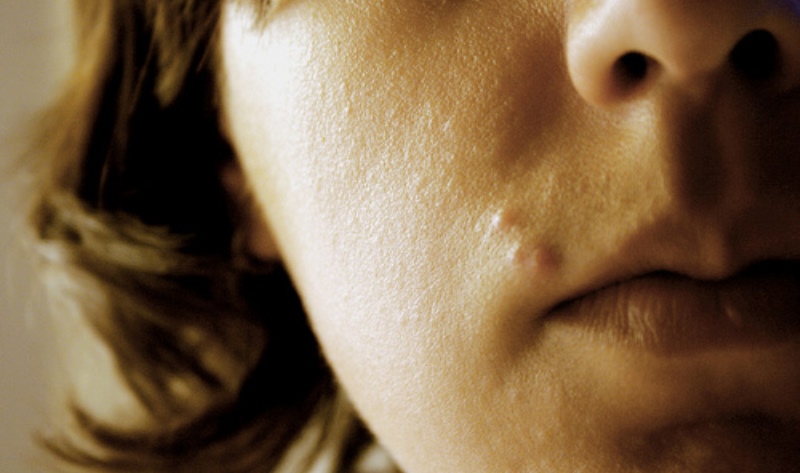
Image source: Google, copyright-free image under Creative Commons License
Ultimately what you need to look for are the list of ingredients behind each product, and do a bit of research. Trust me, it’s worth the effort. You’ll feel better about yourself, and slowly stop relying on ‘catchy’ television ads.
Featured image source: Google, copyright-free image under Creative Commons License




